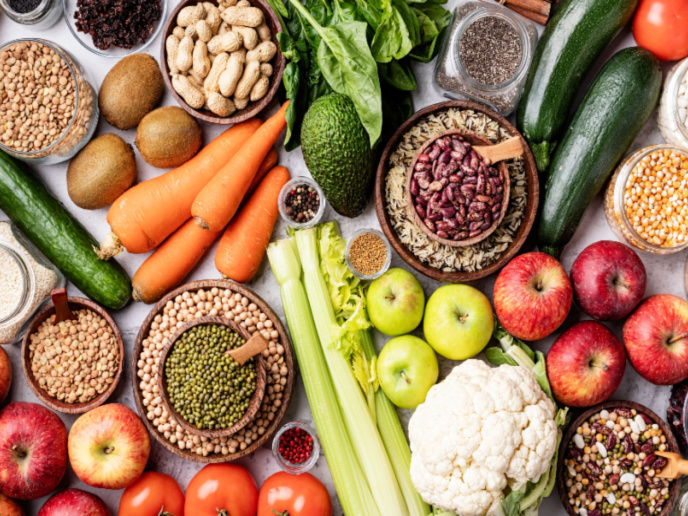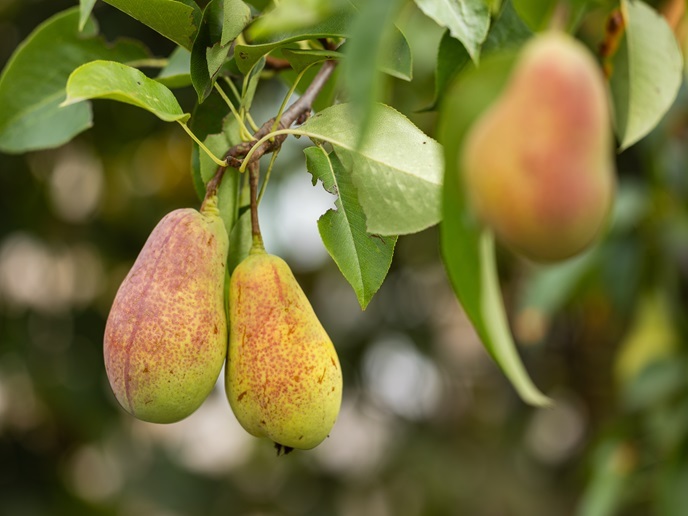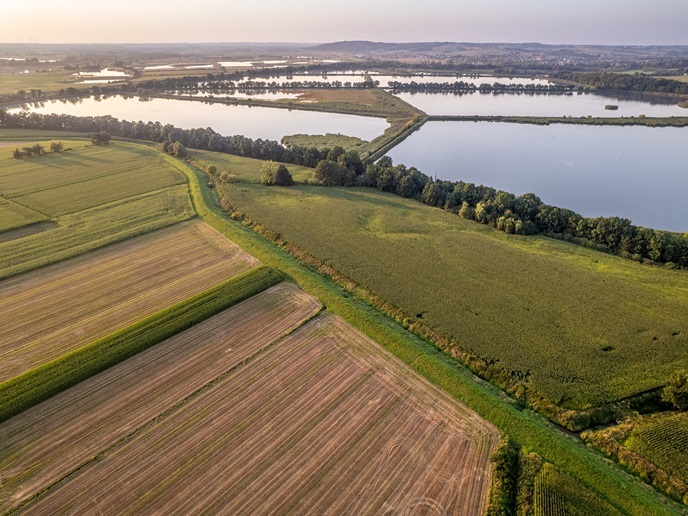Designing the quality food of the future
The current landscape in the field of alimentation is marked by a growing demand for food due to the increasing world population, by a limited availability of natural resources, and by a high degree of food loss and waste – resulting in the impact of and its own contribution to climate change. Funded by the Marie Skłodowska-Curie Actions programme FOODENGINE(opens in new window), the project focused on transforming fruit-, vegetable- and legume-based (FVL) raw materials into high-quality healthy food products or food ingredients using an enginomics(opens in new window) approach. "These raw materials provide a high nutritional value and at the same time reduce the carbon footprint of our diet," explains Ann Van Loey, project coordinator and professor at KU Leuven, Belgium. Combining omics(opens in new window) with chemometrics, FOODENGINE managed to instrumentally quantify quality changes in FVL food systems and – via a multi-response kinetic approach – model changes during processing and storage. Moreover, analytical properties have been linked to sensory properties, consumer acceptability, and consumer preference determinants to create new plant-based products or ingredients that fulfil the needs of consumers.
Nutritional treasures
Nine out of the 13 research projects(opens in new window) conducted by the FOODENGINE fellows focused on pulses or pulse-based ingredients, including the processing of whole pulses and the development of pulse-based ingredients to be used in food. Aspects that were considered included their flavour, aroma, and texture, as well as structural and health-related properties. Amongst other plant-based products, pulses stand out as nutrient- and protein-rich foods. They provide a wide array of nutrients, including slowly digestible starch and fibre, proteins, minerals, vitamins, and bioactive compounds. Moreover, they can be grown with efficient use of land and water and can fix nitrogen under sustainable and environmentally friendly conditions. “We have demonstrated that there is great potential for product innovation based on pulses, since interesting structures, aroma, flavour profiles, appearance and digestibility patterns can be obtained by targeted processing and/or product formulation,” explains Van Loey. FOODENGINE also focused on consumer perception determinants for consumption of pulse-based products using a large-scale, cross-cultural, cross-country survey. The survey provided valuable insights into the barriers to and drivers of pulse consumption and the willingness to replace animal-based products with pulses. These insights can be used to develop strategies to support the inclusion of pulses in the diet.
Know-how diffused
In early 2020, the pandemic outbreak led to severe restrictions on mobility and limited access to industrial and academic research facilities. However, by rescheduling secondments and switching all network-wide training activities to an online format, the consortium managed to keep the project on track. “During the final conference, fellows indicated that it has been a highly challenging yet rewarding and empowering experience, which also contributed to their personal growth and made them more resilient and confident,” concludes Van Loey. FOODENGINE fellows gained insight into different ways to improve quality during shelf-life on the basis of scientific understanding and ways to develop future food systems with minimal impact on the climate and maximum benefit for human health. Several fellows are currently taking up R&D positions in a European food (ingredient) company. Moreover, they contributed to various outreach and dissemination activities (including press publications(opens in new window), a local workshop, a ‘Science is wonderful’(opens in new window) event, a ΥouTube video(opens in new window) and social media(opens in new window) to pass on knowledge and expertise to the general public.







